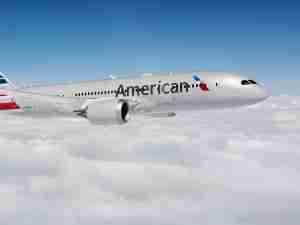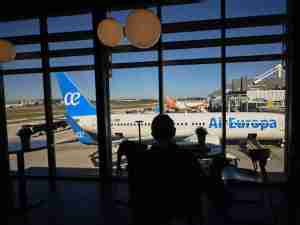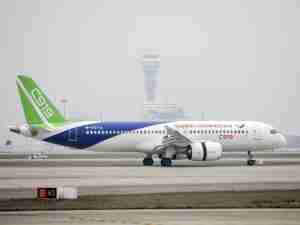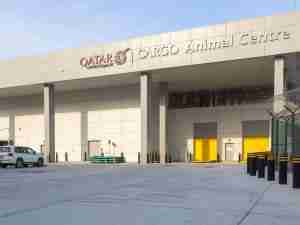Japan Airlines Co. will buy 42 new Boeing Co. and Airbus SE jets in a multibillion dollar order to expand its international network amid rising demand, with the European planemaker winning the larger share of the spoils.
The Tokyo-based airline is purchasing 21 Airbus 350-900 and 10 Boeing 787 widebody jets, it said in a statement Thursday. Significantly, JAL will buy 11 A321neos, breaking Boeing’s exclusive hold as the sole single-aisle jet supplier amid its ongoing production troubles and quality issues exposed by the Jan. 5 accident on an Alaska Airlines 737 Max jet.
“We are seeking further business growth by introducing new fleets,” while providing a “safe” travel experience to the customers, incoming President Mitsuko Tottori said during a press conference as the company announced its 2024 rolling plan ahead of its mid-term plan ending in 2025.

The announcement will help Japanese Prime Minister Fumio Kishida, who’s set to pay an official visit to the US next month, where he will be anxious to underscore the merits of bilateral business ties in talks with President Joe Biden. With a US election looming, Japan and other allies are preparing for a potential return to power by Donald Trump, who has been fiercely critical of Japan’s trade surplus with its second-largest trading partner, and threatened to impose a 10% universal tariff.
“These new aircraft introductions aim to enhance and expand the capacity of JAL’s international operations, with a primary focus on regions such as North America, Asia and India where future growth is expected,” the carrier said in the statement. The new planes will be introduced over six years, starting in fiscal 2027.
JAL’s purchase concludes its effort to replace around 50 aging jets including its Boeing 767s and the remainder of its 737s. On top of that, the carrier has sought a replacement for one of its A350s destroyed in the early January collision at Tokyo’s Haneda International Airport.
The Tokyo crash and the loss of the A350 plane has caused some supply issues for the airline, Chief Financial Officer Yuji Saito said during an earnings press conference last month. The airline said at the time it expected a revenue loss of around ¥2 billion ($13.6 million) due to the accident.
The Japanese carrier also boosted its full-year guidance on Thursday, supported by strong demand in domestic and international routes as well as from its freight business. It now sees net income for the current business year ending March 31 at ¥90.00 billion, up from ¥80.00 billion, also higher than Bloomberg estimate of ¥86.34 billion.
“We think we’ve completely come out of (the negative) effect of the pandemic,” JAL’s outgoing president Yuji Akasaka said at the company’s headquarters in Tokyo. He did however express concern about a slower recovery in travelers from China.
JAL also said it will invest ¥310 billion in FY 2024 for human resources and ESG purposes.











